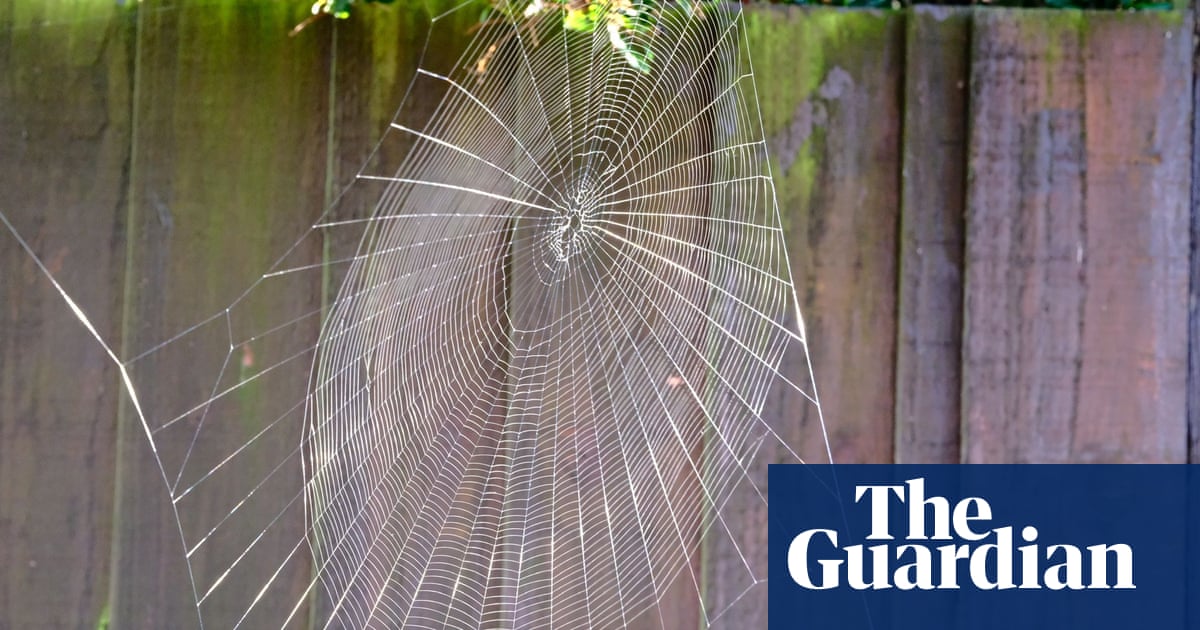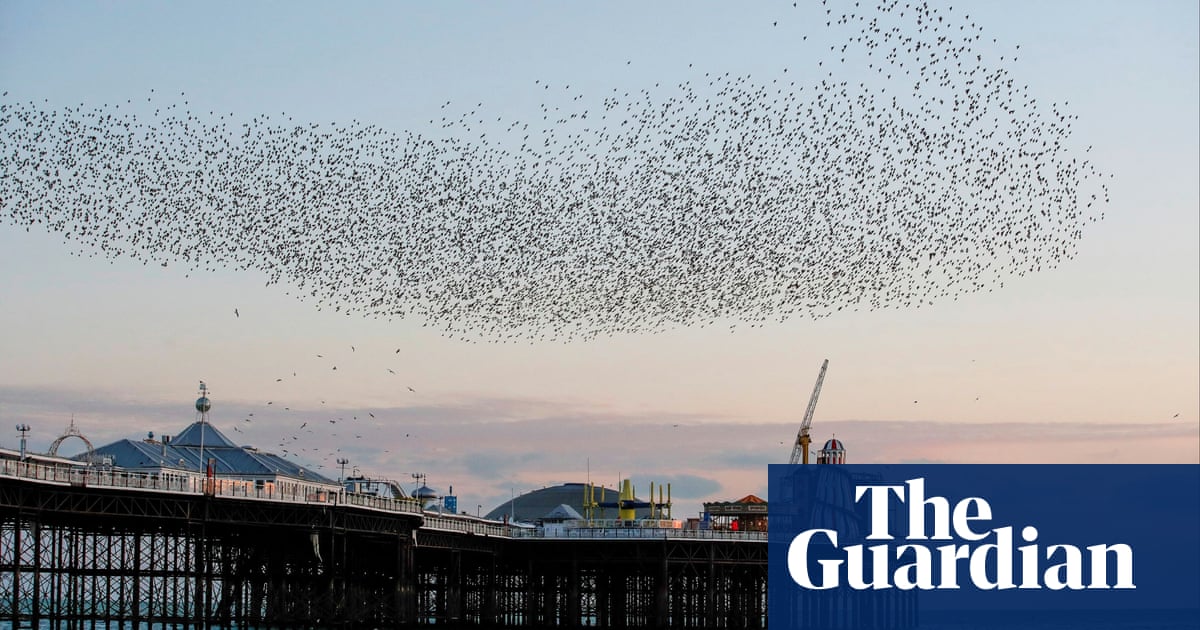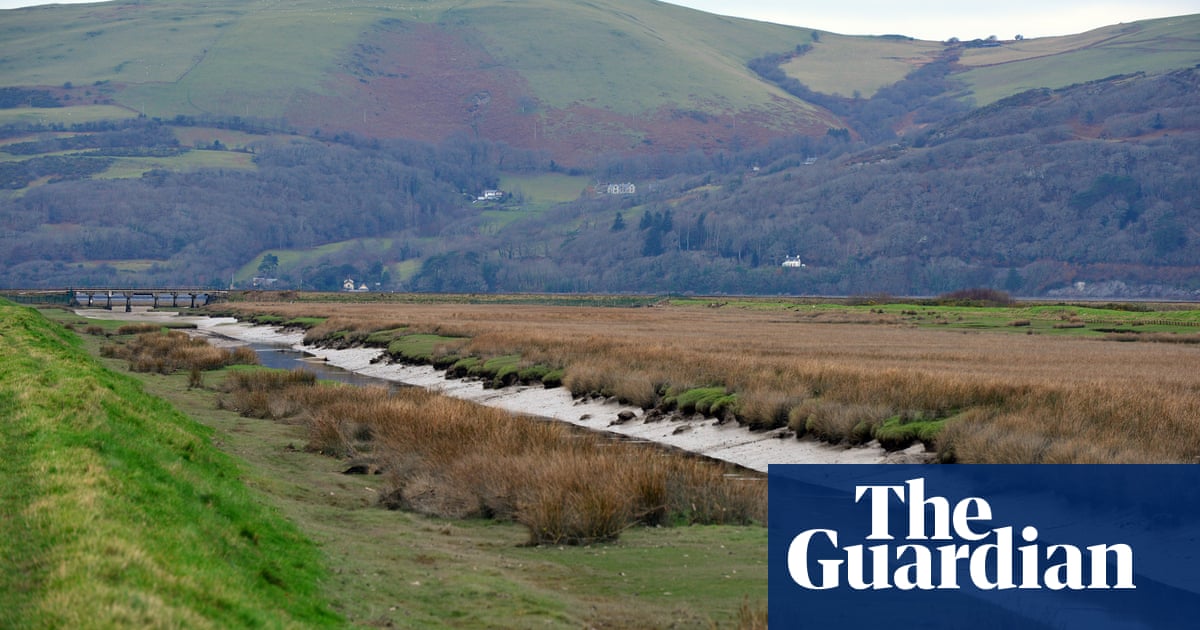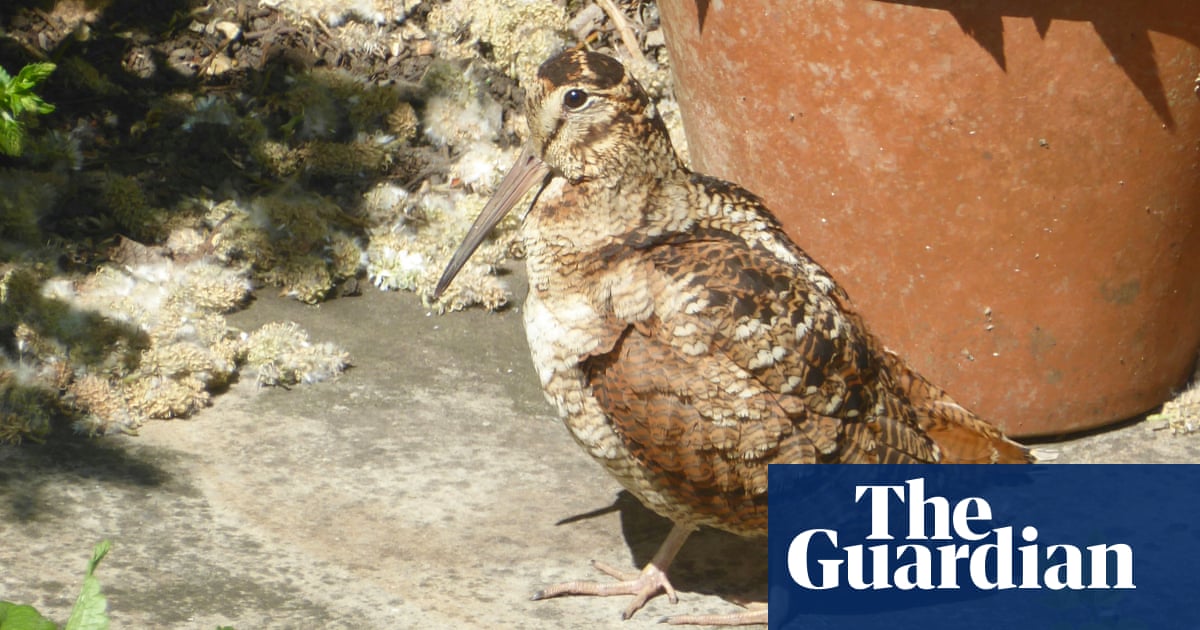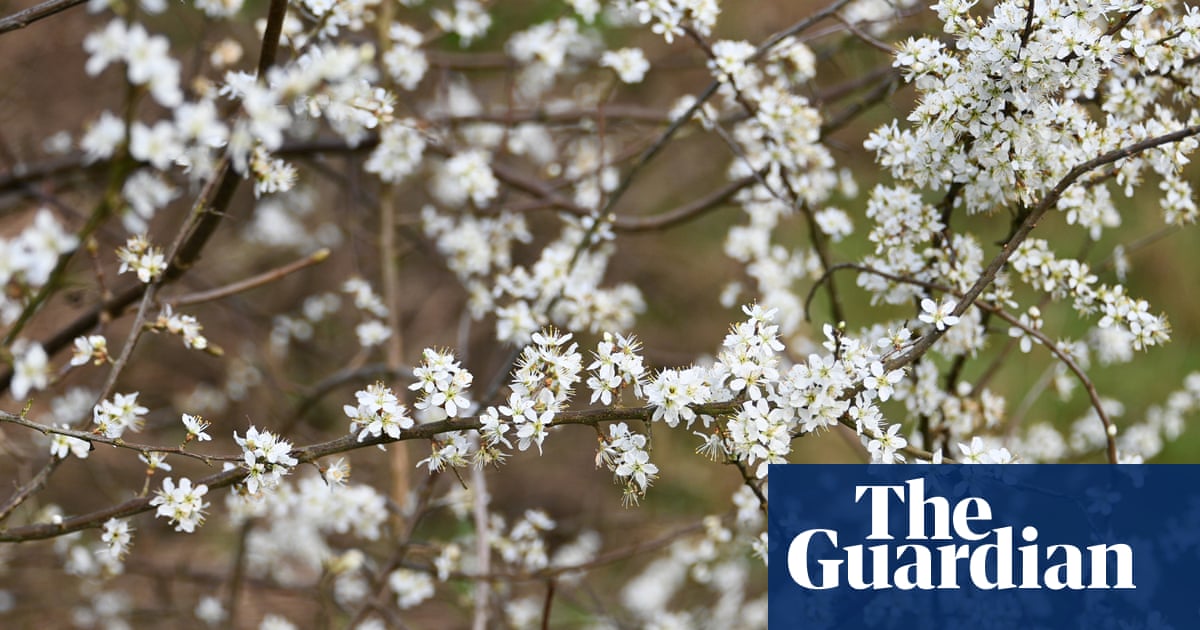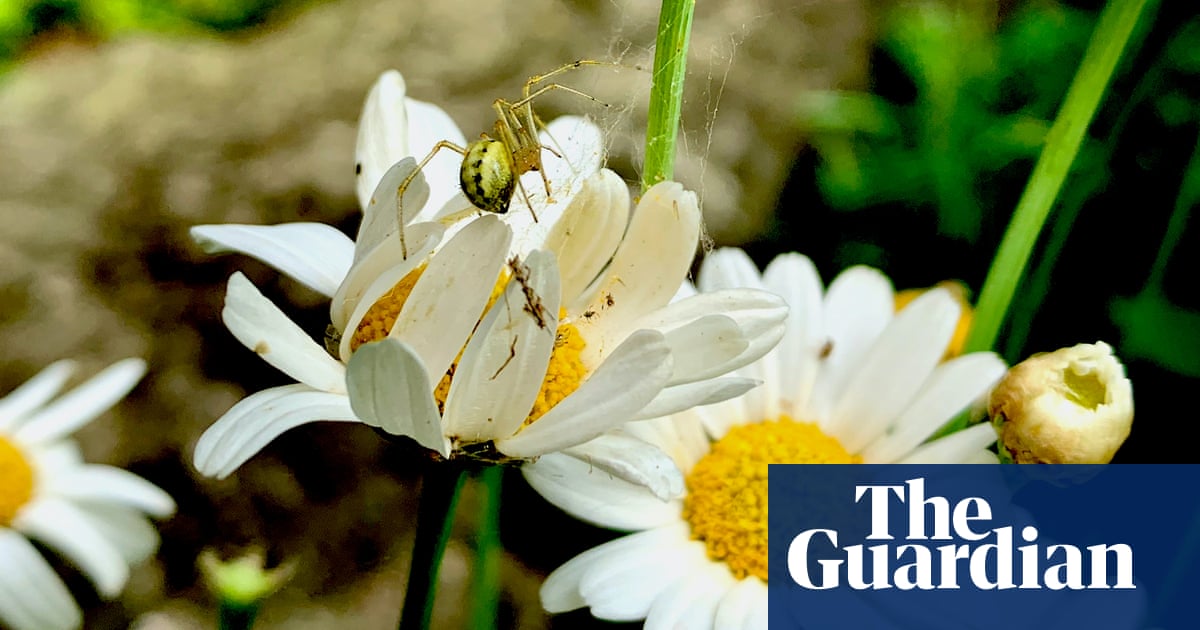
From a bundle of contradictions, a spider unclenches with the dramatic horror of Nosferatu, a name infamously associated with fear of the other. What freaks many people out about spiders is the combination of the uncanny construction and meticulous beauty of the web, the venomous violence of the jaws, the shocking grace of sudden movement, sexual cannibalism and other nightmare eating habits.
In all these things, there’s strangeness and fascination. Despite spider facts about the tensile strength of their silk being greater than that of steel, that they spin it from their bums, that spider venom can be so deadly (not here, fortunately) and that baby spiders use silk to balloon into the atmosphere, many still find even the most harmless ones to be repulsive and frightening.
Spiders are “other” in ways that many familiar animals are not. Perhaps it’s true that outward appearances determine character – as Emily Dickinson’s poem about a spider ran: “Of Immortality / His Strategy / Was Physiognomy”, though she also recognised the spider as a true artist, a “Neglected Son of Genius”.
I think this one is the common orb-weaver, Metellina segmentata, unusually pallid with green markings. She is occupying a golden stage fringed with white petals, the classic daisy form of a marguerite flower. Although she is exposed, she seems confident, getting on with her own solitary life. Perhaps she’s lashing silk to a flower to protect eggs she’s about to lay, or creating an anchor for one end of a large web to begin harvesting flying insects. This orb-weaver is weaving the idea of Lammas, or Lughnasadh, the celebration of harvest, into this place; the first of August is a cross-quarter festival midway between the summer solstice and the autumn equinox.
This has been a strange growing year here, and a devastating one in many parts of the world. The spider, too, may find a poor harvest in a dearth of insects in her web. When we celebrate harvest, we’re celebrating the commodification and othering of nature. We should consider the consequences for the whole of life when we see what we reap now. It’s not neglected daughters of genius that are weird.




